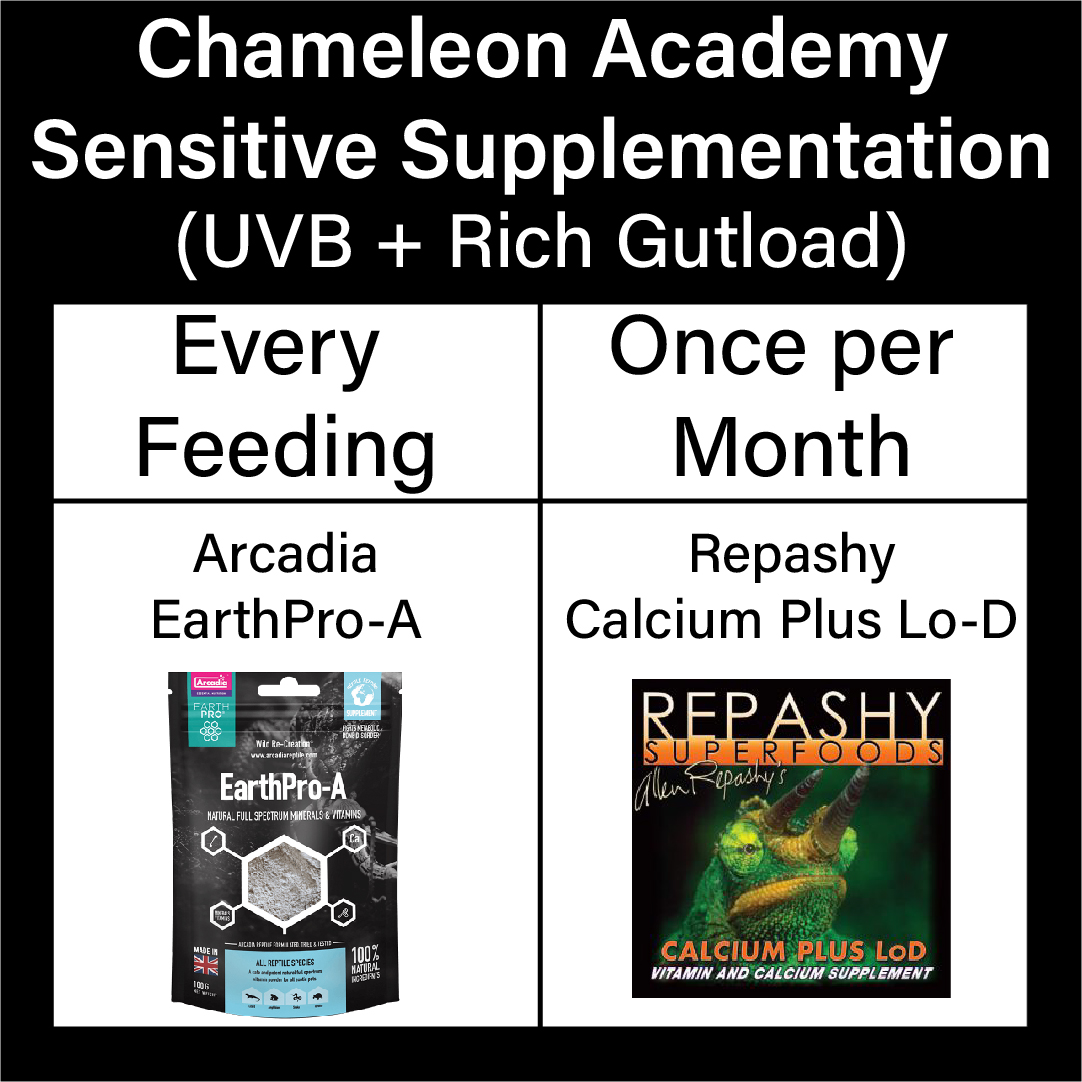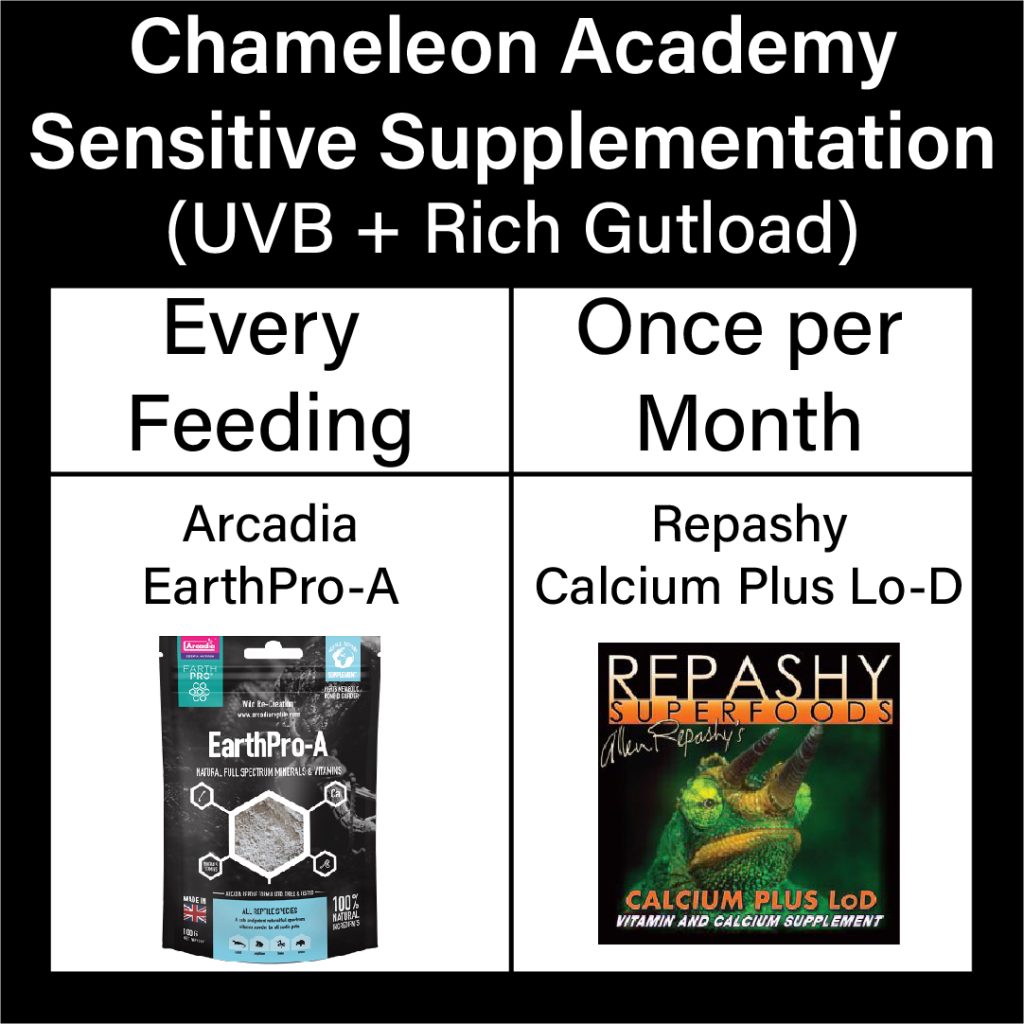Chameleons are fascinating creatures that possess the ability to change color and blend in with their surroundings. However, their unique characteristics also make them challenging pets to care for. One of the most important aspects of chameleon care is ensuring that they receive proper nutrition, including essential vitamins and minerals like Vitamin D3. But do chameleons really need Vitamin D3, and if so, how can owners make sure their pets are getting enough?
In this article, we will explore the importance of Vitamin D3 for chameleons, the risks associated with deficiencies, and how to provide your chameleon with the proper supplementation. Whether you are a seasoned chameleon owner or considering getting one as a pet, understanding the role of Vitamin D3 in their health and well-being is essential to providing optimal care.
Do Chameleons Need Vitamin D3?
Yes, chameleons require Vitamin D3 to maintain healthy bones and metabolism. In their natural habitat, they receive Vitamin D3 from sunlight. However, pet chameleons may not receive enough Vitamin D3 from their diet alone. Therefore, it’s important to provide them with UVB lighting to mimic natural sunlight exposure and supplement their diet with Vitamin D3.

Do Chameleons Need Vitamin D3?
Chameleons are fascinating creatures that are known for their unique ability to change colors. They are also popular pets, with many people keeping them in their homes. As with any pet, it is important to ensure that they are receiving the proper nutrition and care. One question that often comes up for chameleon owners is whether or not their pets need vitamin D3. In this article, we will explore this topic in detail.
What is Vitamin D3?
Vitamin D3 is an essential nutrient that plays a crucial role in maintaining the health of bones and teeth. It is also important for the proper functioning of the immune system and the absorption of calcium. Vitamin D3 is produced naturally by the body when the skin is exposed to sunlight. However, it can also be obtained from certain foods and supplements.
Sources of Vitamin D3 for Chameleons
Chameleons are primarily insectivores, which means that they get most of their nutrition from eating insects. However, insects alone do not provide enough vitamin D3 for chameleons. In the wild, chameleons get their vitamin D3 from exposure to sunlight. However, for chameleons that are kept as pets, it can be difficult to provide them with enough natural sunlight.
Benefits of Vitamin D3 for Chameleons
Vitamin D3 is essential for the proper growth and development of chameleons. It helps to maintain strong bones and teeth, and it also plays a role in the functioning of the immune system. Without enough vitamin D3, chameleons can develop a variety of health problems, including metabolic bone disease.
Vitamin D3 Deficiency in Chameleons
Chameleons that do not receive enough vitamin D3 can develop a condition known as metabolic bone disease. This condition is characterized by weak bones, deformities, and other health problems. Vitamin D3 deficiency can also lead to a weakened immune system, making chameleons more susceptible to infections and other illnesses.
Vitamin D3 Supplements for Chameleons
To ensure that chameleons are getting enough vitamin D3, many pet owners choose to provide them with supplements. There are a variety of different vitamin D3 supplements available for chameleons, including powdered supplements that can be added to their food.
Types of Vitamin D3 Supplements for Chameleons
There are two main types of vitamin D3 supplements for chameleons: synthetic and natural. Synthetic supplements are made in a laboratory and are not derived from natural sources. Natural supplements, on the other hand, are derived from natural sources such as fish oil.
How to Administer Vitamin D3 Supplements to Chameleons
Vitamin D3 supplements can be administered to chameleons in a variety of ways. One common method is to sprinkle the supplement powder onto their food. Another method is to provide the chameleon with a UVB lamp, which can help to mimic the effects of natural sunlight and provide them with the vitamin D3 they need.
Vitamin D3 Supplements vs. Natural Sunlight
While providing chameleons with vitamin D3 supplements can be effective, it is important to remember that natural sunlight is still the best source of vitamin D3. If possible, it is recommended that chameleons be provided with access to natural sunlight for at least a few hours each day.
Conclusion
In conclusion, vitamin D3 is an essential nutrient for chameleons. While they can obtain it from natural sunlight, chameleons that are kept as pets may need to be provided with supplements to ensure that they are receiving enough of this important nutrient. If you are a chameleon owner, it is important to consult with a veterinarian to determine the best course of action for your pet. With proper care and nutrition, chameleons can live long and healthy lives.
Frequently Asked Questions
Do chameleons need vitamin D3?
Yes, chameleons need vitamin D3. In fact, it is essential for their health and wellbeing. Vitamin D3 helps regulate calcium and phosphorus levels in the body, which are necessary for proper bone growth and development. Without enough vitamin D3, chameleons can develop metabolic bone disease, which can be fatal.
In the wild, chameleons get their vitamin D3 from exposure to natural sunlight. However, in captivity, it can be difficult to provide enough sunlight for chameleons to produce sufficient vitamin D3. This is why it is important to provide them with a vitamin D3 supplement.
How can I provide my chameleon with vitamin D3?
There are several ways to provide your chameleon with vitamin D3. One option is to use a UVB lamp specifically designed for reptiles. These lamps emit UVB radiation, which stimulates the production of vitamin D3 in the skin. It is important to choose a lamp that is the correct strength for your chameleon’s species and to replace it regularly, as the UVB output decreases over time.
Another option is to provide your chameleon with a vitamin D3 supplement. This can be done by dusting their food with a calcium powder that contains vitamin D3. It is important to follow the manufacturer’s instructions when using supplements, as too much vitamin D3 can also be harmful to your chameleon’s health.
Can chameleons get too much vitamin D3?
Yes, chameleons can get too much vitamin D3. This can lead to a condition called hypervitaminosis D, which can cause a range of health problems including weakness, lethargy, and loss of appetite. It is important to follow the manufacturer’s instructions when using vitamin D3 supplements and to ensure your chameleon is not getting too much UVB radiation from their lamp.
What are the symptoms of vitamin D3 deficiency in chameleons?
The symptoms of vitamin D3 deficiency in chameleons can include lethargy, weakness, loss of appetite, and difficulty walking. Over time, vitamin D3 deficiency can lead to metabolic bone disease, which can cause deformities and fractures in the bones. If you suspect your chameleon is suffering from vitamin D3 deficiency, it is important to seek veterinary care as soon as possible.
Can chameleons get vitamin D3 from their diet?
No, chameleons cannot get vitamin D3 from their diet alone. Vitamin D3 is not naturally present in their food, and they rely on exposure to UVB radiation to produce it in their skin. However, providing your chameleon with a calcium powder that contains vitamin D3 can help ensure they are getting enough of this essential nutrient.
What supplements does a chameleon need?
In conclusion, it is clear that chameleons do require vitamin D3 for their survival. While they do have the ability to synthesize their own vitamin D3 from exposure to UVB light, it is important to ensure that they receive adequate amounts through their diet or through supplements.
Without enough vitamin D3, chameleons can suffer from a range of health issues, including metabolic bone disease and weakened immune systems. It is therefore crucial for chameleon owners to provide their pets with the necessary nutrients and UVB lighting to maintain their health and wellbeing.
Overall, while the topic of chameleon care may seem complex and overwhelming at times, ensuring that your chameleon has access to vitamin D3 is a simple yet essential step in promoting their overall health and longevity. By providing your chameleon with the proper nutrition and care, you can help them thrive in their environment and live a happy, healthy life.


